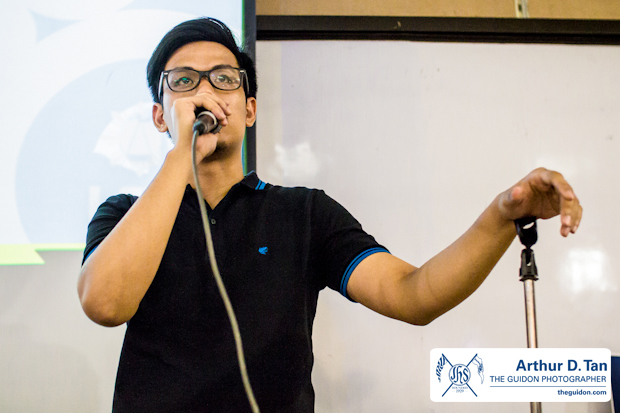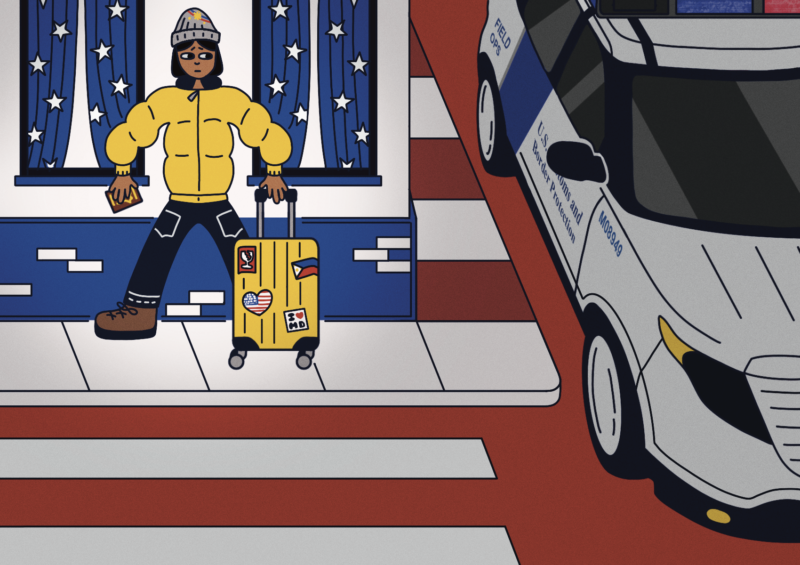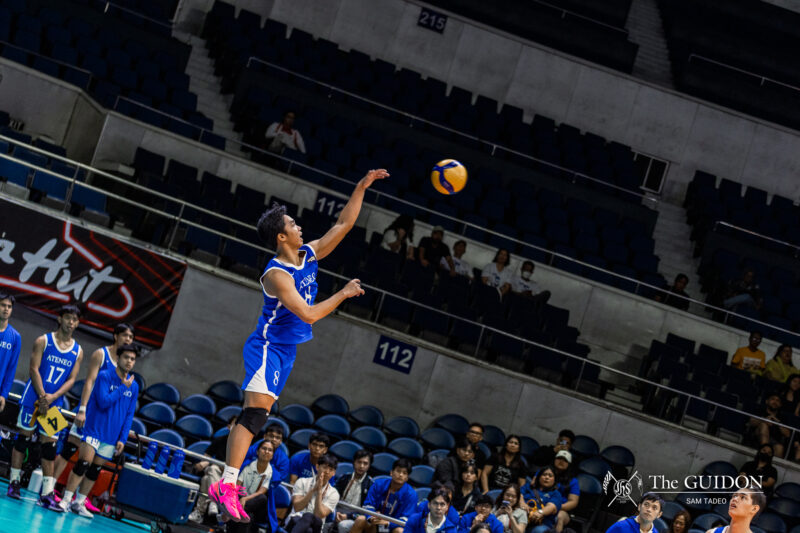
CRASH COURSE. Lente representative Karl Libongco explained basic election procedures, laws and violations to first time voters in the forum. Photo by Arthur D. Tan
IN AN effort to prepare first time voters, the Legal Network for Truthful Elections (Lente) discussed basic election procedures, laws and violations in a forum held Monday, May 6 at the Ching Tan Room in the Ateneo.
Lente representative Karl Libangco talked about common election offenses and gave instructions on voter registration and vote casting.
Lente is a non-partisan, nationwide network of lawyers, law students, paralegals and trained volunteers engaged in election work. It was established in 2007 in response to wide-scale and systematic fraud during past elections.
According to Libangco, their primary goal is voter education.
“We go to different provinces to teach the voting process and rules. We talk about the top election offenses,” he said.
They are partnered with the Commission on Elections for campaign finance.
The talk on Monday was co-organized by the Ateneo Task Force 2013, The Assembly, the Office for Social Concern and Involvement and the Sanggunian.
Election violations
Libangco said that voters’ registration offenses entail the unlawful exclusion of registered voters or the inclusion of fictitious voters or unapproved application forms.
The corresponding sanction is imprisonment for not less than one year but not more than six years, not subject to probation.
A disqualification from holding public office and denial of the right to suffrage is additionally enforced, Libangco explained.
During vote casting, members of the Armed Forces of the Philippines, Philippine National Police, Barangay Council and other peace officers are forbidden to enter any polling place.
Exceptions apply if they will vote, if an actual disturbance of peace and order occurs or if the Board of Election Inspectors requests for protection of election documents.
“There are peace officers that have a certain color of authority. They might influence the people during the voting. They might be affiliated with one of the candidates, so they are not allowed,” Libangco said.






